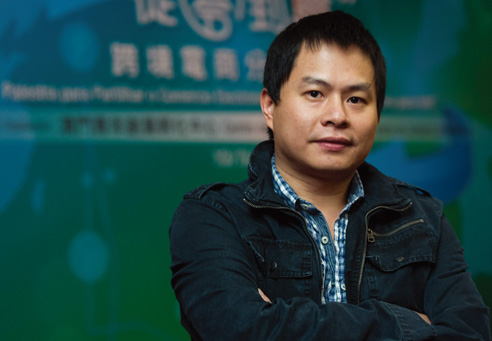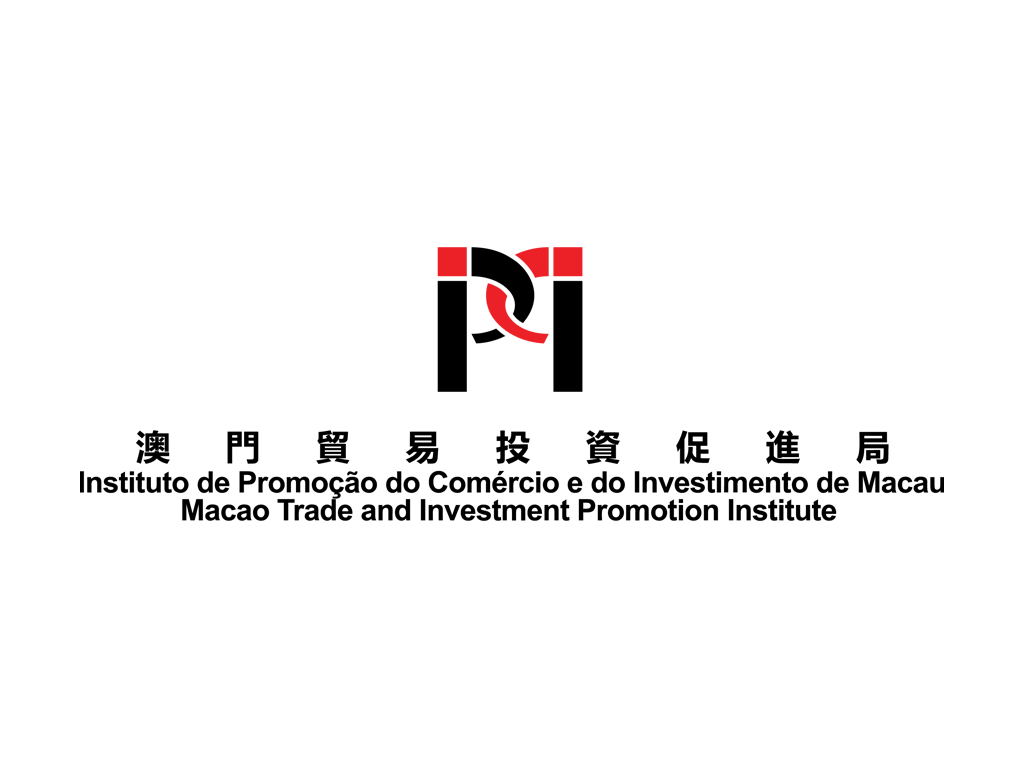Pesquisar

Founder of Shenzhen Birdex Internet
Access to products from almost anywhere in the world with a mouse click is fuelling the popularity of E-commerce among Chinese users of the Internet. The range of products available is widening and competition for the online shopper is intensifying. For Macao, although the city is small in size and population, it can profit by acting as an entrepot for E-commerce, according to companies involved in the industry.
George Ku Chun launched the cross-boundary shopping application NEED in May 2015. Mr Ku says the app has grown rapidly and has more than 100,000 users within a few months. He says it is crucial for the operator of a cross-boundary E-commerce platform to inform potential customers about the products it sells, which can be hugely varied, and to analyse consumer behaviour via large amounts of data so that products can be presented appropriately.
Mr Ku says E-commerce is growing quickly as the number of online shoppers increases. Consumers now spend more time online and the competition among operators of E-commerce platforms is becoming more intense.

George Ku Chun, Founder of NEED
But while some E-commerce operators in Hong Kong co-operate with Mr Ku, none currently does in Macao. Mr Ku says, although Macao is small in size and population, products from abroad bought online by mainland Chinese could pass through Macao, in view of the region’s endeavour to become an important platform for Mainland China and the Portuguese-speaking Countries to do business. He says using Macao as an entrepot could save on logistics.
Shenzhen Birdex Internet Co. Ltd. is a logistical services company established in January 2014. The company manages warehouses for products bought online, and gets the products through customs. The amount of business Birdex does jumped last year as the pace of cross-boundary E-commerce quickened. The company says it had its best month yet in 2015, taking in more than RMB10 million in sales revenue. The company expects annual sales revenue to top RMB150 million in 2016, making Birdex one of the fastest-growing cross-boundary E-commerce logistics companies in Mainland China.
Founder of Birdex Wu Zhibin says he started the company because he saw demand for logistics growing rapidly. He says the boom in cross-boundary E-commerce has increased the need for efficient logistics around the world. Birdex now has more than 200,000 customers and means to find more. The company is doing research into the needs of E-commerce operators with a view to improving its services and so reducing the costs borne by such enterprises.
Mr Wu says Birdex is looking for ways to work with Macao operators of E-commerce platforms so that they can speed up customs clearance in Macao of products sold online. The company is also considering setting up its own warehouse in Macao. Mr Wu says that since Mainland consumers are buying E-commerce products from around the world, having a good network of warehouses is important for E-commerce in general and for Macao E-commerce operators in particular, because it can speed up delivery and make it cheaper. It is also beneficial to cross-boundary E-commerce operators.

Will Wang, Vice-President of Bertelsmann Asia Investments
Bertelsmann Asia Investments (BAI) is owned wholly by the Bertelsmann group. It manages about US$1 billion in capital and has invested in more than 50 funds and companies, mainly in Greater China.
Vice-President of BAI Will Wang says new E-commerce operators should help their customers find a wide range of goods. Mr Wang says each E-commerce operator the fund manager invests in is different, because a company that offers something singular is what BAI looks for.
Mr Wang says BAI has yet to invest in a Macao operator. But his meetings with representatives of various arms of the Macao SAR Government indicate that the E-commerce businesses are supported with good hardware facilities. Macao E-commerce operators should look beyond Mainland China because their growth ought not to depend on only one market. He says BAI invests in companies that are not only dealing in imports to Mainland China, but also those that trade around the world. So he advises Macao operators to focus their energy on developing their business globally, instead of relying on Mainland Chinese demand for imports.
E-commerce business models will have to change, adapting as the industry expands rapidly, Mr Wang says. He notes consumer behaviour has changed following the gradual shift from a lack of product supply to a period of oversupply: the trend now is for consumers to browse random shopping websites and decide what to purchase, a different behaviour from buying online just one particular product they look for, as consumers did in the past. Also, consumers now look beyond the customary E-commerce platforms, searching further and further afield for an ever-wider range of options.
In the past, an entrepreneur would start a business only after mastering the elements of supply and logistics, Mr Wang says. But now, more and more entrepreneurs with different fields of knowledge and resources will get engaged in the E-commerce business, he says.























